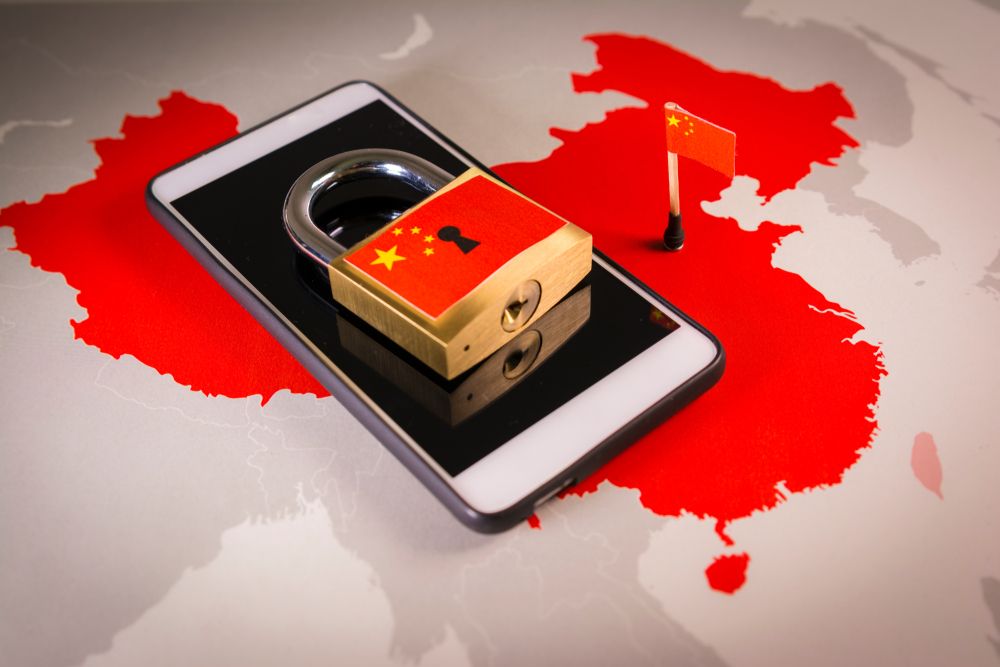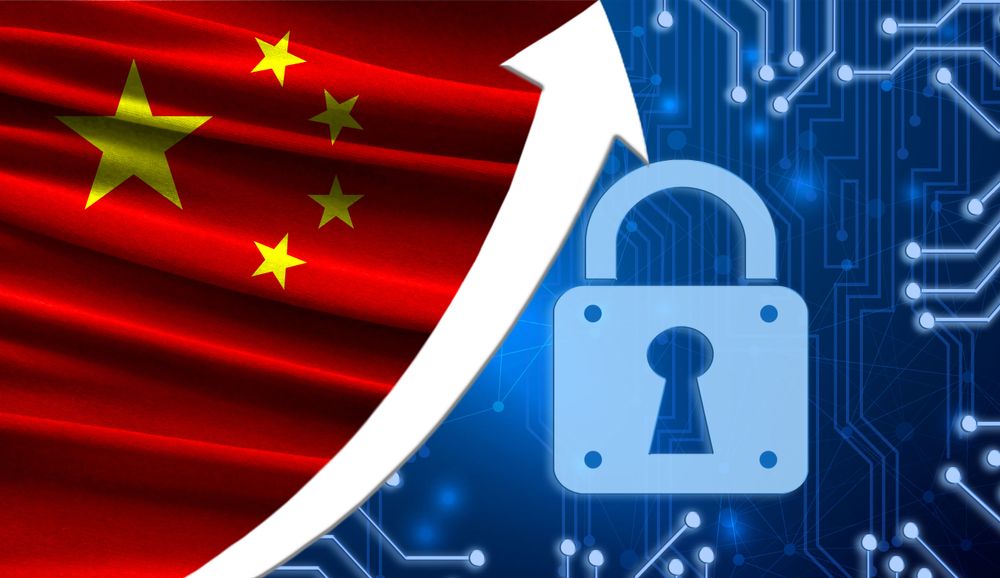China has long been known for its stringent internet policies. Most internet-based products and services of major U.S. companies such as Google and Facebook are strictly banned within the territory.
In a report by the Los Angeles Times, two journalists shared their distressing experience of working between the Chinese and non-Chinese internet.
Too much power in the hands of a few people has never done much good for the world. China is a living example of this. Centralization of power for controlling people’s access to the internet and the products and services available on it has gone way too far in China.
Most major services and products such as Facebook, Gmail, Twitter, and Instagram are banned in China. The ongoing trade and tech war between the U.S. and China is only expected to make things worse as the initial symptoms have already started to show up. A Forbes report published May 30, 2019, highlighted China’s plans to ban Microsoft Windows within the Chinese territory.

China Circulates Highly Biased Information
Alice Su, a staff writer at the LA Times’ Beijing bureau expressed her discomfort of being forced to use VPN services in order to access the non-Chinese version of things on the internet while having to switch it off when requiring to see something China-specific. Not only does the Chinese version of the internet cut-off the general public from relevant information across the globe, but also creates a huge barrier for people to communicate across the border. Also, information that flows throughout China is highly centrally produced which lacks variety and presents a biased opinion, hence, manipulating people’s worldview, Su noted. Though not the most comfortable option to access information, VPNs still act as the silver lining to a dark cloud in China. However, the government has levied more restrictions which now prevent users from even downloading VPN applications. This means in order to use VPNs, users will have to download them when in a different country.
Can Internet Censorship Be Fixed?
China is not alone on the crusade to censor information on the internet. Singapore, Russia, Japan, and many other major countries have their own laws that somehow restrict users’ freedom on the internet. Blockchain, as the world has recently come to realize, is not only a decentralized technology to store and exchange value but also to store and share information. A decentralized internet, based on the blockchain, uses a network of a huge number of computers called nodes. Using a blockchain system, rather than a centralized network, can help restrict data from being controlled by a central party. Though there are tremendous advancements that are to be made before we see a decentralized internet in full swing, things have kept great pace in the blockchain industry in terms of providing censorship-free services. With people getting fed up of such restrictive control of the governments over the internet, it’s highly likely that the demand for a decentralized internet will shoot up rapidly and bring about a much-needed paradigm shift. How do you think a decentralized internet would impact information sharing in your country? Will governments try to oppose it? Let us know your thoughts in the comments below.
Top crypto projects in the US | April 2024
Trusted
Disclaimer
In adherence to the Trust Project guidelines, BeInCrypto is committed to unbiased, transparent reporting. This news article aims to provide accurate, timely information. However, readers are advised to verify facts independently and consult with a professional before making any decisions based on this content. Please note that our Terms and Conditions, Privacy Policy, and Disclaimers have been updated.
Mohammad Musharraf
Born and brought up in India, Mohammad Musharraf is a civil engineer who discovered his love for writing, and blockchain and cryptocurrency technology during his college years. He now works as a freelance crypto journalist and also aids businesses come up with relevant and interesting B2B and B2C content.
Born and brought up in India, Mohammad Musharraf is a civil engineer who discovered his love for writing, and blockchain and cryptocurrency technology during his college years. He now works as a freelance crypto journalist and also aids businesses come up with relevant and interesting B2B and B2C content.
READ FULL BIO
Sponsored
Sponsored

